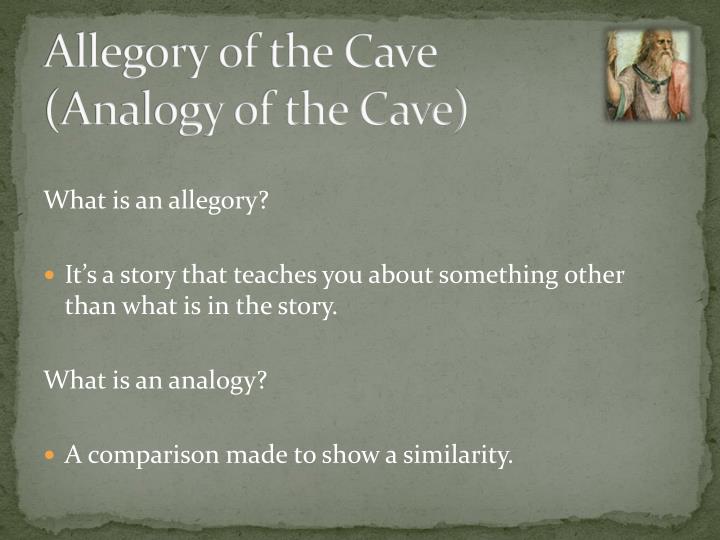
Socrates:And now look again, and see what will naturally follow if the prisoners are released and enlightened of their error. Socrates: To them, I say, the truth would be literally nothing but the shadows of the images. And suppose further that the prison had an echo which came from the other side, would they not be sure to think when one of the passers-by spoke that the voice which they heard came from the passing shadow? Socrates: The prisoners would mistake the shadows for reality. Socrates: And if they were able to converse with one another, would they not suppose that they were naming what was actually before them? Socrates: And of the objects which are being carried in like manner they would only see the shadows? Glaucon: True, how could they see anything but the shadows if they were never allowed to move their heads? Socrates: Not much different from ourselves, and they see only their own shadows, or the shadows of one another, which the fire throws on the opposite wall of the cave? Glaucon: You have shown me a strange image, and they are strange prisoners. And do you see, men passing along the wall carrying all sorts of things, and statues and figures of animals made of wood and stone and various materials, which appear over the wall? Some of them are talking, others silent. Socrates: The low wall and the moving figures of which the shadows are seen on the opposite wall of the cave. Above and behind them a fire is blazing at a distance, and between the fire and the prisoners there is a raised way, and you will see, if you look, a low wall built along the way, like the screen which marionette players have in front of them, over which they show the puppets. Socrates: And now, I said, let me show in an allegory how far our nature is enlightened or unenlightened: Imagine this–human beings living in a underground cave which has a mouth open towards the light and reaching all along the cave here they have been from their childhood, and have their legs and necks chained so that they cannot move, and can only see what is in front of them, being prevented by the chains from turning around their heads. Translated by Benjamin Jowett in 1871, adapted by Charity Davenport, $\ccbysa$ Often regarded as a utopian blueprint, The Republic is dedicated to a discussion of the education required of a Philosopher-King. The Allegory of the Cave can be found in Book VII of Plato’s best-known work, The Republic, a lengthy dialogue on the nature of justice. The Allegory presents, in brief form, most of Plato’s major philosophical assumptions: his belief that the world revealed by our senses is not the real world but only a poor copy of it, and that the real world can only be apprehended intellectually his idea that knowledge cannot be transferred from teacher to student, but rather that education consists in directing student’s minds toward what is real and important and allowing them to apprehend it for themselves his faith that the universe ultimately is good his conviction that enlightened individuals have an obligation to the rest of society, and that a good society must be one in which the truly wise (the Philosopher-King) are the rulers. In the Allegory of the Cave, Plato described symbolically the predicament in which mankind finds itself and proposes a way of salvation. His writings are in the form of dialogues, with Socrates as the principal speaker. Unlike his mentor Socrates, Plato was both a writer and a teacher. Plato’s school, then known as the Academy, was the first university in western history and operated from 387 B.C. He abandoned his political career and turned to philosophy, opening a school on the outskirts of Athens dedicated to the Socratic search for wisdom.
#ANALOGY OF THE CAVE TRIAL#
The son of a wealthy and noble family, Plato (427-347 B.C.) was preparing for a career in politics when the trial and eventual execution of Socrates (399 B.C.) changed the course of his life. Introduction from Victor Moeller’s book Introduction to College Philosophy, pg 84:

P2: a doll that is moved by putting your hand inside it or by pulling strings or wires that are attached to it (n.) (2 options) _.P2: to burn very brightly and intensely (v.) _.P2: not ignorant or narrow in thinking (adj.) _.


(Definitions from Merriam-Webster Learner’s Dictionary.)


 0 kommentar(er)
0 kommentar(er)
